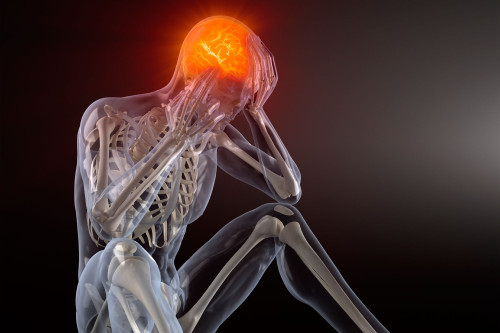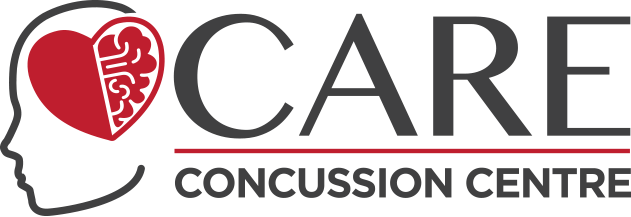What you need to know about Concussions
What is a Concussion?
Concussions typically occur due to some direct blow to the head, but they can also occur from a blow to the body where the head is shaken forcefully and therefore violently moving the brain inside the skull. You do not have to lose consciousness to get a concussion. Most concussions occur without the person losing consciousness, but can still lead to adverse effects such as headaches, dizziness, balance issues and poor memory or concentration problems.
Concussions are a common injury, particularly with people who play contact sports such as football and hockey, but can also occur in sports such as soccer and gymnastics. Every concussion is unique and may present with a myriad of signs and symptoms, thus the importance of getting the proper diagnosis.
Concussion Signs and Symptoms?
- Headache
- Dizziness
- Nausea
- Vomiting
- Visual Problems
- Light Sensitivity
- Noise Sensitivity
- Poor Concentration
- Memory Problems
- Fatigue
- Trouble Sleeping
- Irritability
These signs and symptoms usually show up right after the injury, but sometimes they may not show up for hours or even days later. It is therefore important for someone to continue to check for signs of a concussion hours to days after a person has sustained a head injury.
Concussion Red Flags?
- One pupil larger than the other
- Headache that gets really bad and does not go away
- Repeated vomiting or nausea
- Slurred speech
- Convulsions or repeated seizures
- Weakness, numbness, or balance problems
- Drowsiness or can’t be awaken from sleep
- Difficulty recognizing people or places
- Loss of consciousness
- Unusual behaviour
What is Post-Concussion Syndrome?
Potential Complications of a Concussion?
The most dangerous and life threatening event that can follow an concussion is a condition called second impact syndrome. Second impact syndrome occurs when a person experiences a second concussive blow before a prior concussion has fully healed. It can cause a rapid and uncontrolled brain swelling that may lead to death or permanent brain damage. Although it is very rare, it demonstrates the importance of proper healing before return to play for any person who has received a concussion.
Chronic Traumatic Encephalopathy or CTE is a chronic progressive neurological deterioration that is attributed to repeated minor head trauma such as from boxing or football. The cumulative effects of subconcussive hits (shaking the brain without signs or symptoms) may lead to long-term neurological degenerative changes. The symptoms of CTE will present initially with issues in attention, concentration and memory, often accompanied with headaches and dizziness. As the disease progresses, irritability, dementia, slowing of muscular movements, vertigo and deafness can evolve.
